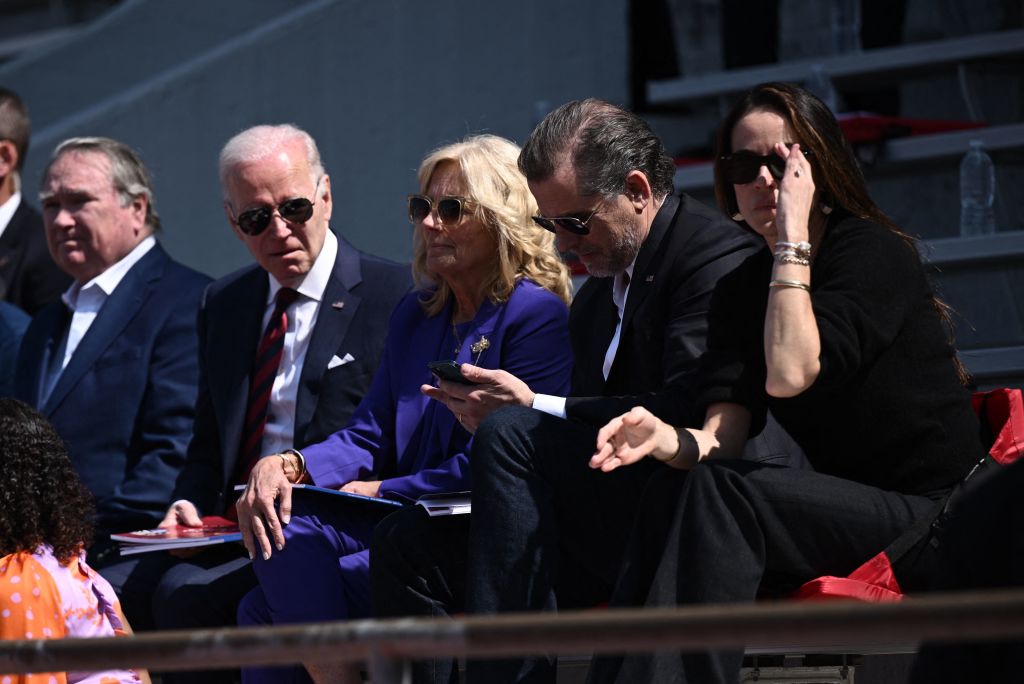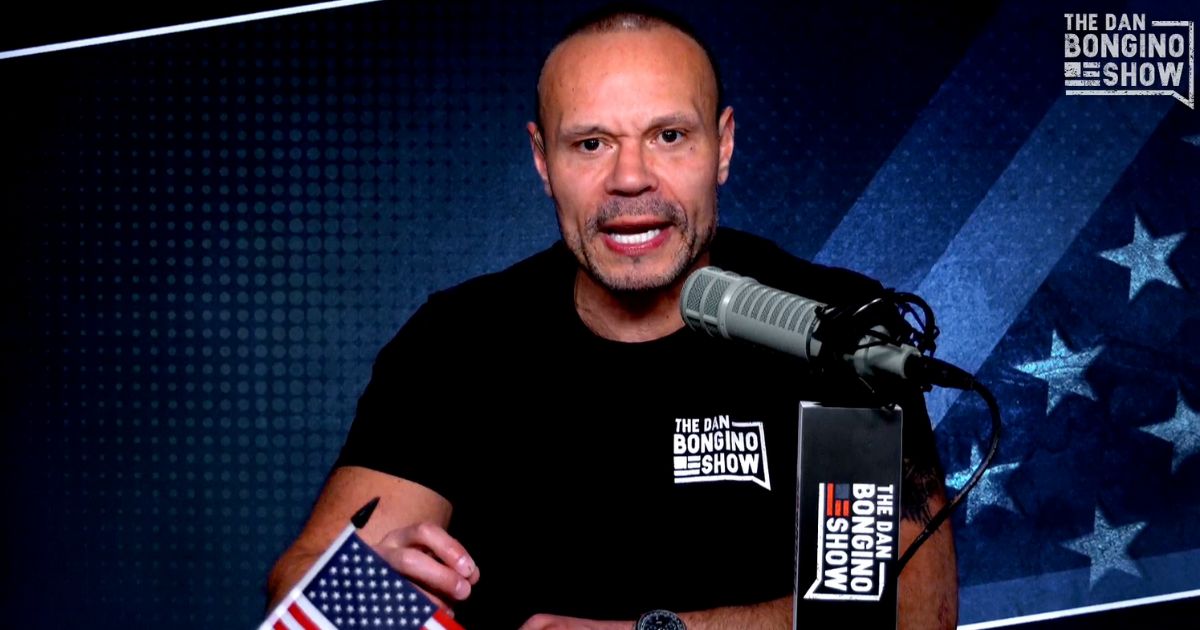Bipartisan insulin bills impact Schumer-Sanders healthcare deal.
Competing Insulin Price Cap Measures Presented by Bipartisan Senators
Two pairs of senators from different parties are proposing competing measures to cap the price of insulin, as Senate Democratic leadership works on a larger drug pricing legislation.
Sens. Collins and Shaheen’s INSULIN Act
Senators Susan Collins (R-ME) and Jeanne Shaheen (D-NH), who have co-chaired the Senate Diabetes Caucus for over 12 years, are advocating for the INSULIN Act. This bill aims to limit the monthly cost of insulin to $35 and requires pharmacy benefit managers to pass on 100% of rebates from manufacturers to insurance plans.
The senators initially introduced this bill in June of last year but were unable to advance it before the end of the 117th Congress. However, Senate Majority Leader Chuck Schumer (D-NY), a supporter of the measure, has pledged to push for an insulin price cap deal in the current session.
Schumer is collaborating with Sen. Bernie Sanders (I-VT), the chair of the Senate Health, Education, Labor, and Pensions Committee, to develop a comprehensive drug pricing reform bill. This legislation is expected to include various measures, such as reforms to the operations of pharmacy benefit managers.
While Schumer’s spokesperson did not respond to inquiries from the Washington Examiner, the senator mentioned an insulin price cap bill as one of the items he intends to advance during the current work period, which extends until the end of June. It remains unclear which price cap deal he was specifically referring to, as he has expressed support for both proposals.
Sens. Kennedy and Warnock’s Bill
On the other hand, Sens. John Kennedy (R-LA) and Raphael Warnock (D-GA) have introduced their own bill. This legislation would require private insurance to limit the cost of a 30-day supply of insulin to $35. Additionally, it directs the Department of Health and Human Services to establish a program that allows uninsured individuals to access insulin at the same $35 rate through reimbursements from “qualifying entities.” Schumer has praised this bill.
The senators have stated that their bill would be fully funded. However, Shaheen acknowledged that their proposal may be more appealing to Republican lawmakers due to its lower cost compared to the Collins-Shaheen bill.
When asked about the conflicting bills, Kennedy emphasized the importance of finding complete funding for any legislation. He expressed a desire for all senators to work together to craft a bill that doesn’t require borrowing money. Kennedy also noted that both Warnock and Shaheen were likely lobbying Schumer on the matter.
Warnock, on the other hand, expressed confidence that their bill would reach the Senate floor.
Seeking Common Ground
Collins expressed hope that all senators can come together in the end, as they share the common goal of reducing the cost of insulin. She highlighted that her legislation is more comprehensive, addressing the role of pharmacy benefit managers in driving up costs and the perverse incentives within the current system.
For Schumer’s healthcare legislation to succeed in the House of Representatives, it will require strong bipartisan support, given the slim majority held by Republicans. A majority of centrist House lawmakers from both parties could potentially back a Senate measure that caps drug costs without increasing deficit spending or taxes.
Schumer and Sanders have not taken sides in the conflict and have refrained from endorsing either bill. Kennedy expressed his primary concern of passing a bill that is fully funded, regardless of which proposal ultimately prevails.
Click here to read more from the Washington Examiner.
" Conservative News Daily does not always share or support the views and opinions expressed here; they are just those of the writer."





